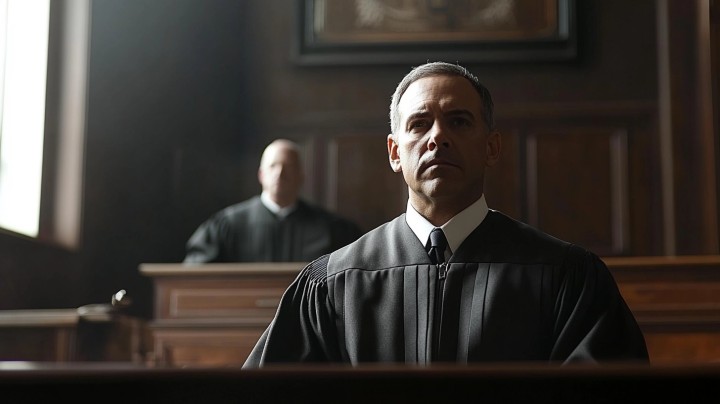First Appearance and Bail Hearing: A Critical Juncture in the Judicial Process
The first appearance and bail hearing are fundamental stages in the criminal justice system that follow an individual’s arrest and booking. This process is crucial for setting the groundwork for how a case will proceed through the court system. Here, we will delve into what these stages entail, their significance, and what defendants can expect during each.
Understanding First Appearance and Bail Hearing
These hearings are typically the first opportunity for the accused to appear before a judge following an arrest. The primary objectives are to inform the accused of the charges against them, consider the conditions of their release pending trial, and address the preliminary legal aspects of their case.
Detailed Steps in First Appearance and Bail Hearing
The First Appearance
- Timing of the Appearance: This usually occurs within 24 to 48 hours of the arrest.
- Purpose: To inform the accused of their legal rights, the charges against them, and any documentation related to the case.
- Legal Representation: Defendants are advised on their right to counsel, and a public defender is appointed if they cannot afford one.
Bail Hearing
- Assessment of Bail: Following the first appearance, if the accused is not released on their own recognizance, a bail hearing is scheduled to determine whether bail is appropriate and, if so, at what amount.
- Factors Considered: The judge considers multiple factors, including the nature and circumstances of the alleged crime, the evidence against the accused, and the risk of flight.
- Arguments by Prosecution and Defense: Both parties present reasons for and against granting bail. The defense may argue for lower bail or release without bail, while the prosecution may argue for higher bail amounts or no bail, based on the risk posed by the defendant.
Key Components of the Process
- Understanding Conditions of Release: The judge may set conditions beyond financial bail, such as travel restrictions or regular check-ins with a probation officer.
- Implications of the Hearing Outcomes: The outcome of this hearing can significantly affect the defendant’s ability to prepare for trial. Being released can help maintain employment and family connections, while being detained can complicate the preparation of a defense.
Navigating Legal Rights and Preparation
- Preparation for the Hearing: It is crucial for defendants to prepare thoroughly with their attorney, understanding the arguments for their release and the potential conditions that might be imposed.
- Rights During the Hearing: Defendants have the right to be represented by an attorney, make arguments, and present evidence pertaining to their release conditions.
Conclusion
The first appearance and bail hearing are critical junctures in the criminal justice process, determining the immediate future of the accused in the lead-up to trial. Understanding and effectively navigating these hearings are vital for the accused and their legal team, as the decisions made here can have profound impacts on the course of the case and the personal life of the accused.
Essential Advice for Navigating First Appearance and Bail Hearing
Understanding your rights and the judicial process during these early stages is crucial. Effective legal representation and a well-prepared defense strategy can significantly influence the outcomes of these hearings.
Frequently Asked Questions
- How soon after arrest does the first appearance occur?
- What are common conditions imposed if bail is granted?
- How can one prepare for a bail hearing?
- What are the consequences of violating bail conditions?
- How do judges decide whether to grant bail?
- What are the rights of the accused during these hearings?






